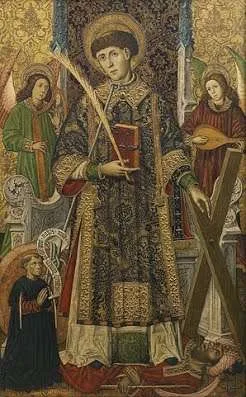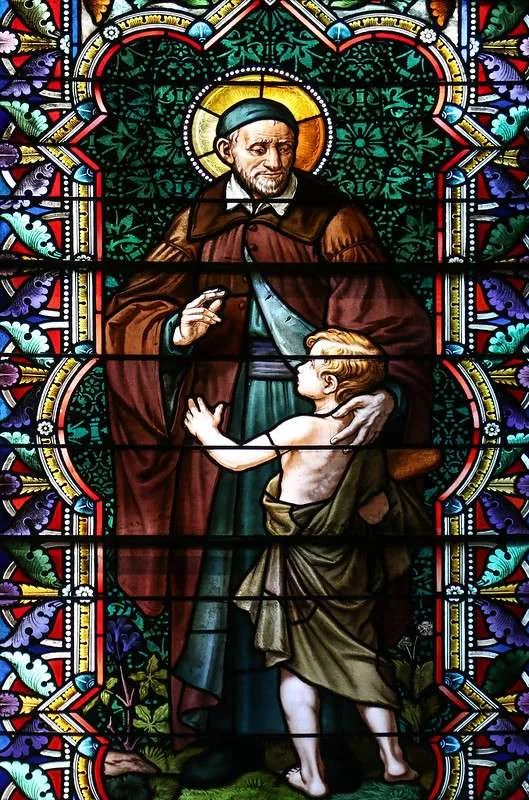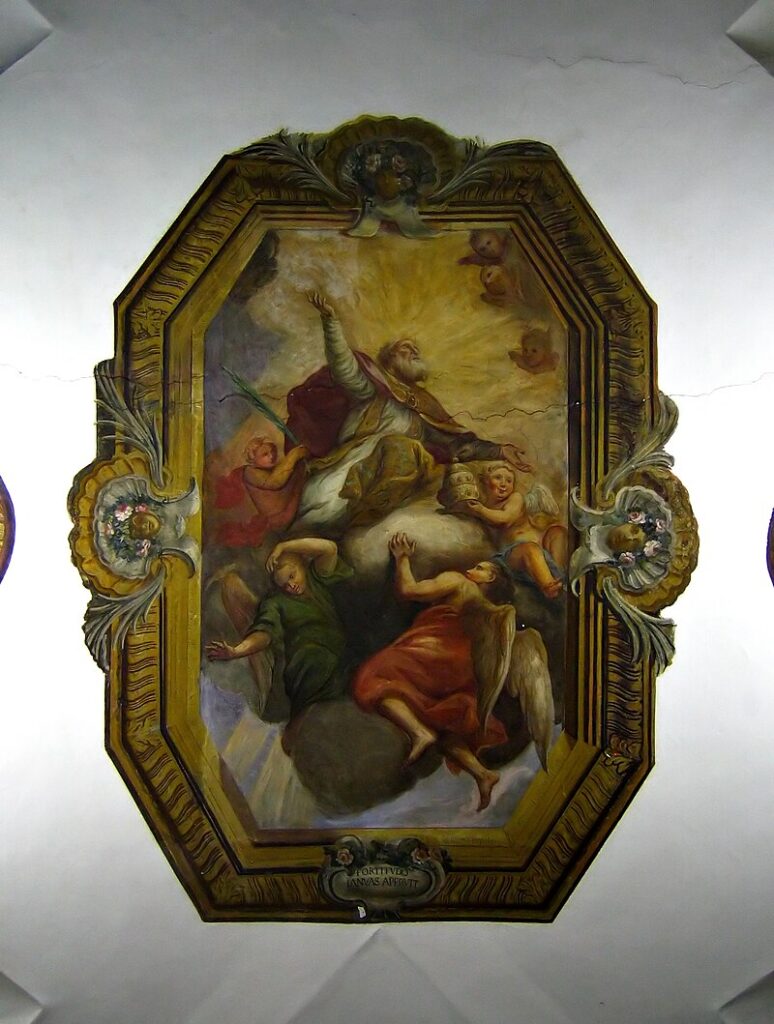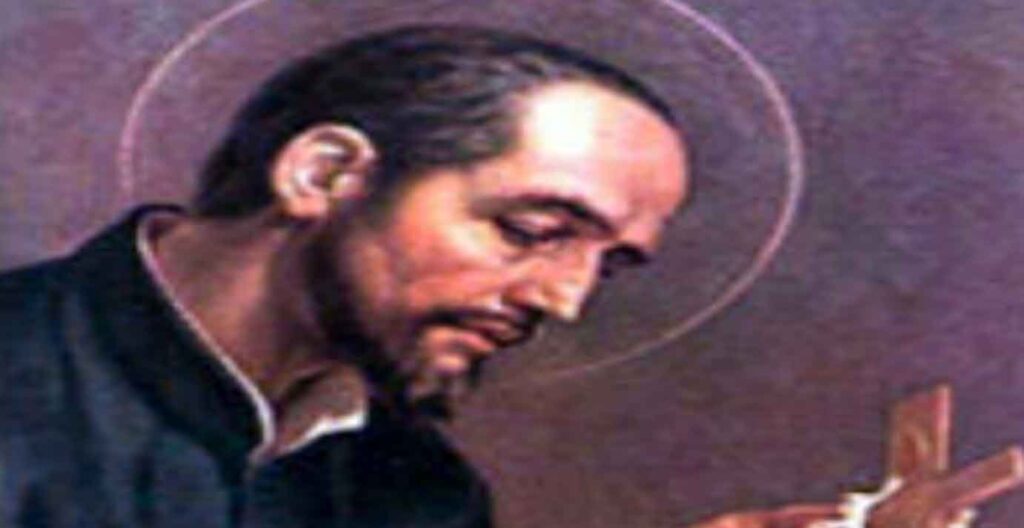Late Third Century–c. 304; Patron Saint of vinegar makers, wine makers, brickmakers, and sailors; Pre-Congregation canonization
Saint Augustine deeply admired today’s deacon-martyr, Saint Vincent of Saragossa. The above quote comes from one of five existing homilies Augustine delivered on the heroism, faith, and witness of this saintly man, whose martyrdom occurred during Diocelatian’s fierce persecution of the Church in the early 300s. But the blood of martyrs is a holy sacrifice that extinguishes the fires of the devil and fuels the faith of those who ponder such sacred sacrifices. As Augustine would preach in a subsequent sermon, “the devil suffered greater torments from Vincent not being vanquished than Vincent did from the devil persecuting him.”
Vincent was born in today’s Spain and carries the title of “protomartyr,” indicating he was the first, or “proto,” man to die for Christ on the Iberian Peninsula. Little is known of his life, but the testimony of Saint Augustine sheds light on his character. As with many early saints, many legends are attributed to him.
According to these legends, the Bishop Valerius of Saragossa, Spain, had a speech impediment, which led him to first ordain and then appoint Deacon Vincent, who was well spoken, as his personal preacher. The local Roman governor at the time, Dacian, ruthlessly carried out the edict of the Emperor Diocletian to force Christians to renounce their faith by burning incense to Roman gods. Both the elderly bishop and his deacon were arrested by Dacian and imprisoned. While in prison, Deacon Vincent said to the bishop, “Father, if you order me, I will speak.” The bishop replied, “Son, as I committed you to dispense the word of God, so I now charge you to answer in vindication of the faith which we defend.” That was all Vincent needed. At that moment, the words of Holy Scripture were fulfilled in Vincent, “When they hand you over, do not worry about how you are to speak or what you are to say. You will be given at that moment what you are to say. For it will not be you who speak but the Spirit of your Father speaking through you” (Matthew 10:19–20). The deacon gave his “sermon” with serenity in the face of torture and death, and the governor was tormented by his own outrage.
Legend has it that Vincent was scourged, stretched on the rack, fixed to a fiery grate, lacerated with iron hooks, burned with hot iron, and then thrown onto the prison floor covered with broken glass. Through it all, Vincent remained at peace, for he did not fear “those who kill the body but cannot kill the soul” (Matthew 10:28). The legend concludes that Vincent’s joy in the face of this torture was so great that it caused one of his jailers to immediately convert.
The governor, however, was not yet done. He gave Vincent a soft bed on which to recuperate, hoping to entice him to renounce his God through comfort. But neither threats of violence nor promises of comforts held any appeal for Vincent. No sooner was he laid upon the bed than he died. His body was thrown to vultures, but ravens came to his defense. Another account, from a sermon by Saint Leo, states that Vincent’s body was cast into the sea, but Providence washed him ashore, and his fellow Christians gave him a dignified burial where a shrine was later erected over his grave. The place in southern Spain where, according to legend, these final events unfolded, is now called Cape Saint Vincent. Flocks of ravens and vultures still hover over this very coast.
Source: https://mycatholic.life/saints/saints-of-the-liturgical-year/january-22-saint-vincent-deacon-and-martyr/








